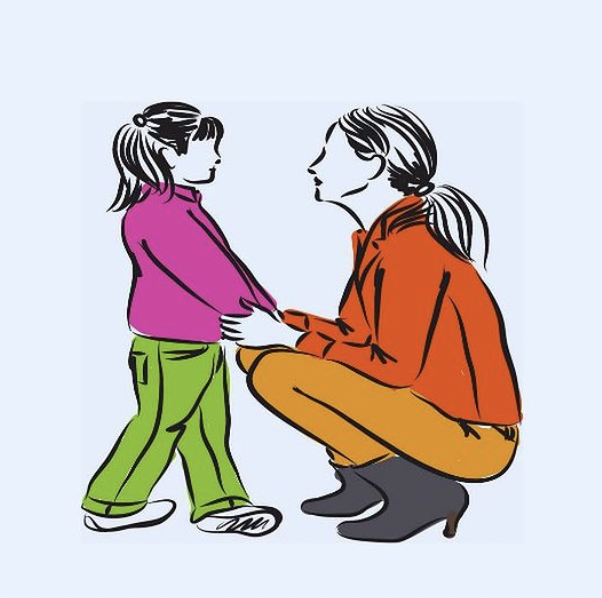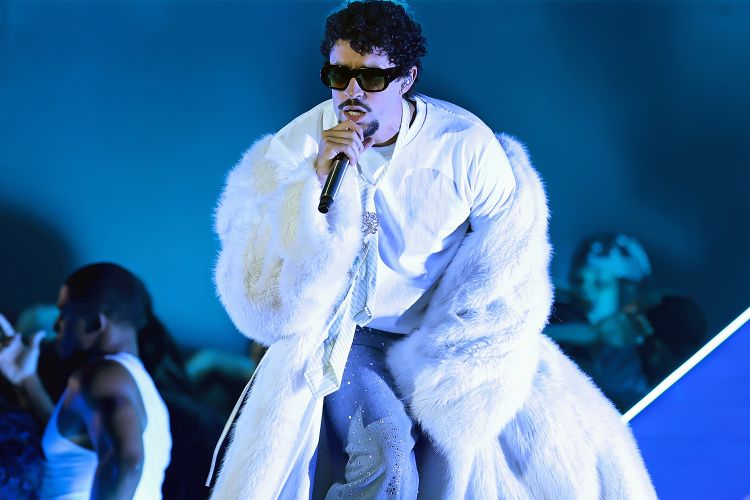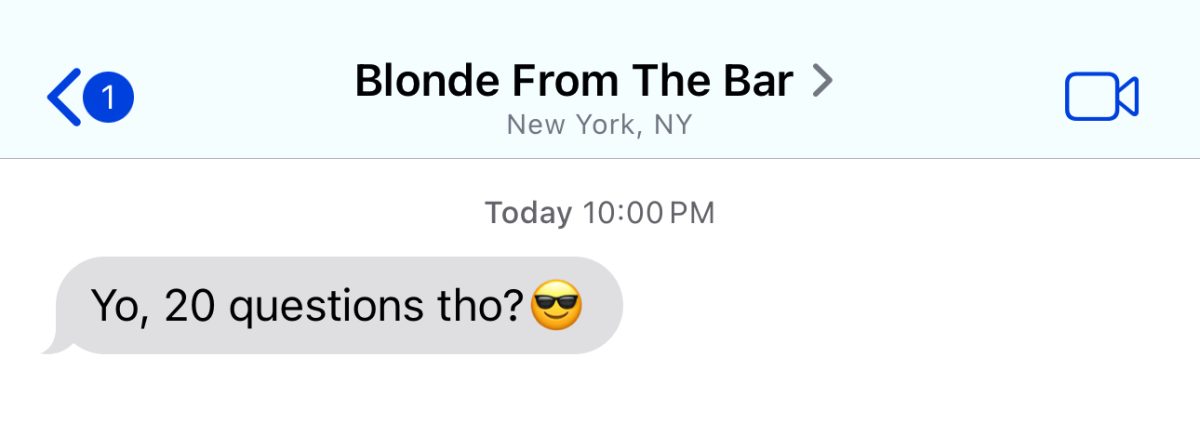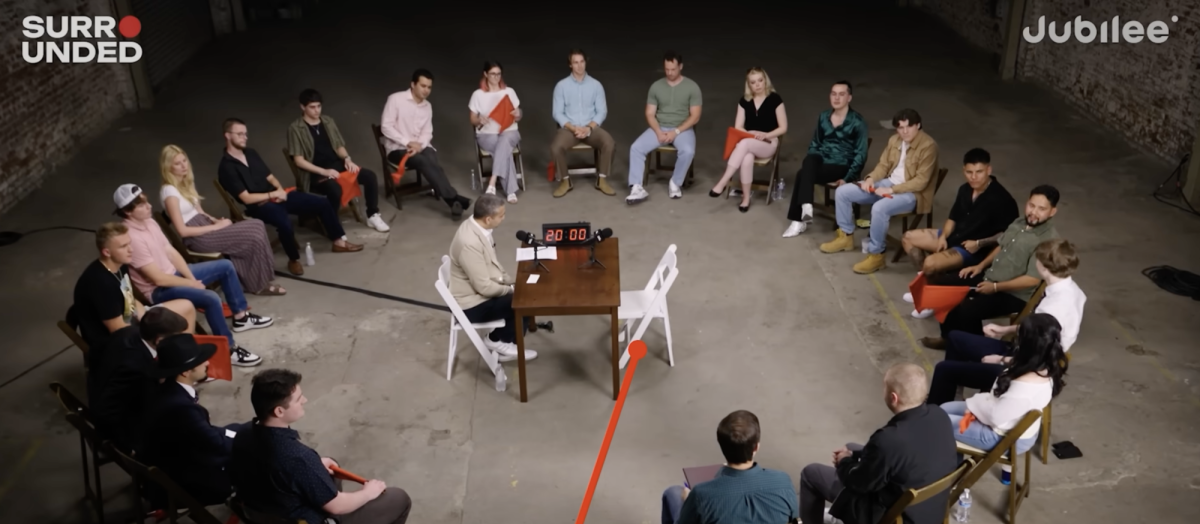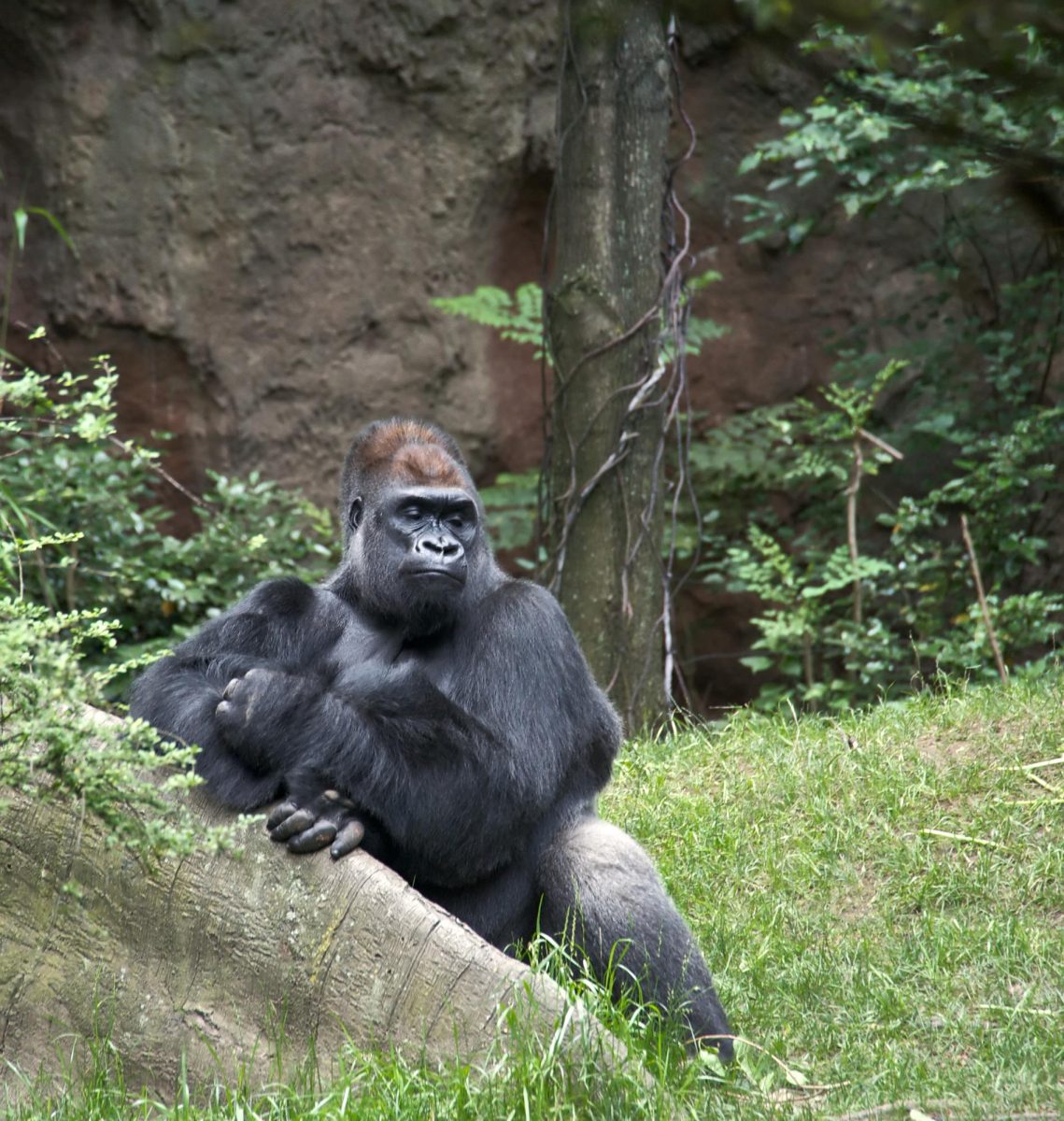As a kid, you grow up playing ‘family’ with your siblings or friends from school. One person is the mom, the other a dad, and of course there is the babydoll, its sole purpose to be vulnerable. The mom and dad need the baby as much as the baby needs them.
A common question in today’s society is why people even want children in the first place. Personally, I think it’s because they want to fulfill a societal image and want to raise a “good” person or maybe to fulfill a dream or an attempt to correct mistakes their parents made when they were young. In your 20s, you are urged to begin thinking about what you want for yourself and what you would like your future to be.
Single or committed, kids or not, mortgage or rent, steady job or freelance. As a young kid, I always thought that everyone got married and had children, that it was just part of the cycle of life. I didn’t realize that we all have a choice. You don’t have to have kids, you don’t have to procreate and you don’t have to be responsible for molding a human being. Despite this choice some people welcome the challenge of parenthood because they have always dreamed of the perfect family or even accidentally got pregnant.
Emotional stability is highly regarded these days, which is a good thing. And it’s especially important when one makes the decision to have children. Emotional maturity is key to a stable life. If you project your emotions onto another, specifically impressionable people (children), this can affect the child both externally and internally. It can be traumatic for a child to witness their parents having a mental breakdown, or struggling with mental health because in most cases the child doesn’t have a solution or way to help. If you do want to have a kid, you and your partner should be mentally stable enough to take care of a human and raise them “right” for a minimum of 18 years. You should be able to create a safe space for them, be there to support their struggles and help them through the complications of life.
Most parents say they’re good parents because there’s a roof over their childrens head and food on the table. Though this is the bare minimum; they are still the necessities needed to survive and to care for others. Parents express this bare minimum as “good parenting” though it isn’t truly what it seems. Every child should be provided with food, water and shelter. “Good parenting” isn’t the success of meeting necessities but the understanding of the person you’ve created.
Good parenting is knowing when something is wrong, always being there for your child, always providing. Of course, everyone has their own definition of what it means to be a parent, but to me it’s more than meeting the requirements, it’s wanting to be a part of someone else’s life and trying your best to do so.
Some think that having kids is a way to break the cycle of bad parenting, which is false. You can always end up like your parents. That may be hard to hear but it’s not impossible, and in some cases it’s inevitable.
Having children is quite the feat. It’s grueling, hard work and even rewarding. But not everyone is meant to be a parent. Some people struggle, whether it be with keeping themselves afloat, mental or physical health, or even infertility. Though at the end of the day, I don’t think that everyone should procreate. Some people are better off without.

